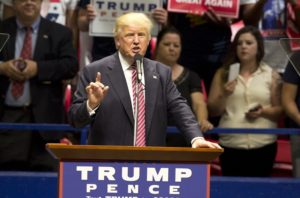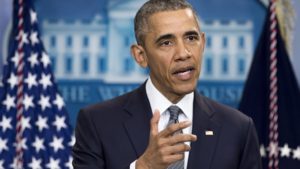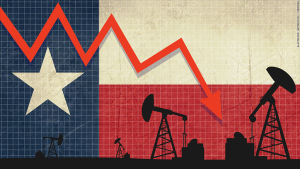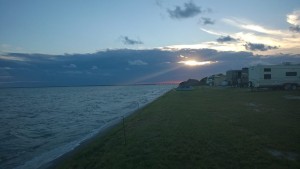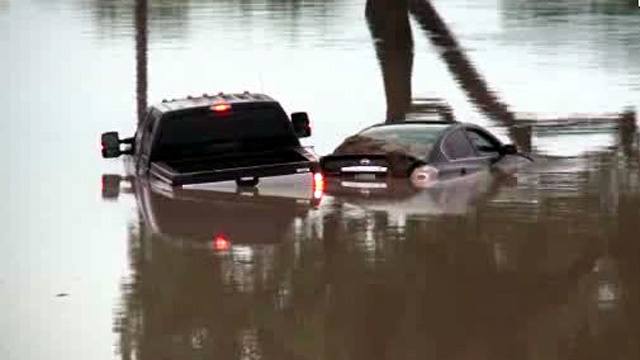The Texas Tribune headline describes the article below as an analysis of how the Texas Republican Party is so serene in this tumultuous election year.
While other state party leaders are sweating bullets over the fate of their down-ballot candidates in a campaign led by GOP presidential nominee Donald J. Trump, Texas’s Republican Party is as confident as ever about success.
I think I know the reason.
It’s the lack of a viable Texas Democratic Party.
https://www.texastribune.org/2016/08/24/analysis-why-texas-gop-isnt-panicking-over-trump/
Trump continues to hold a lead over Democratic nominee Hillary Clinton in Texas. The latest PPP poll puts Trump up by 6 percent; yes, it’s a smaller margin than what Mitt Romney or John McCain won by over Barack Obama in the previous two elections, but it’s also outside the margin of error.
Ross Ramsey’s piece in the Tribune seeks to break apart where Democrats remain strong and where Republicans maintain their strength.
I think it’s a simpler issue than that.
The Texas Democratic Party hasn’t found its voice. It hasn’t discovered a way to break the GOP vise grip on statewide offices. It hasn’t fielded candidates for statewide or regional offices who can find the magic it takes to persuade diehard Republicans to cross over.
Republicans win in this state simply because they are of the “right” — meaning “correct” — political party.
Trump likely win the state’s 38 electoral votes this fall because (a) we still have straight-ticket voting available and (b) because the state’s Democratic Party doesn’t have the heft to mount any kind of ground game challenge.
Do I wish it were different in Texas? Certainly, but not necessarily for the reason you might think.
Some readers of this blog consider me to be a yellow dog Democrat. Not true. I bemoaned the same one-party domination when I first arrived in Texas back in the spring of 1984. I took up my post with the Beaumont Enterprise, in the Golden Triangle region of the state, where Democrats controlled everything.
I called then for a stronger Republican Party because I feared the dominant party would become arrogant and would force-feed its agenda on constituents without proper debate.
The same thing has happened now that Texas has flipped from solidly Democratic control to even more solidly Republican control.
Texas GOP pols have good reason to feel “sanguine,” as Ramsey states.
They have no competition.
